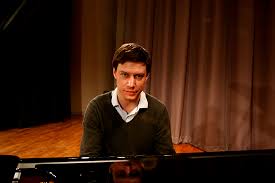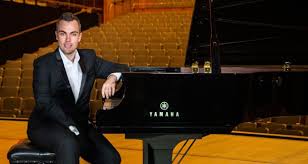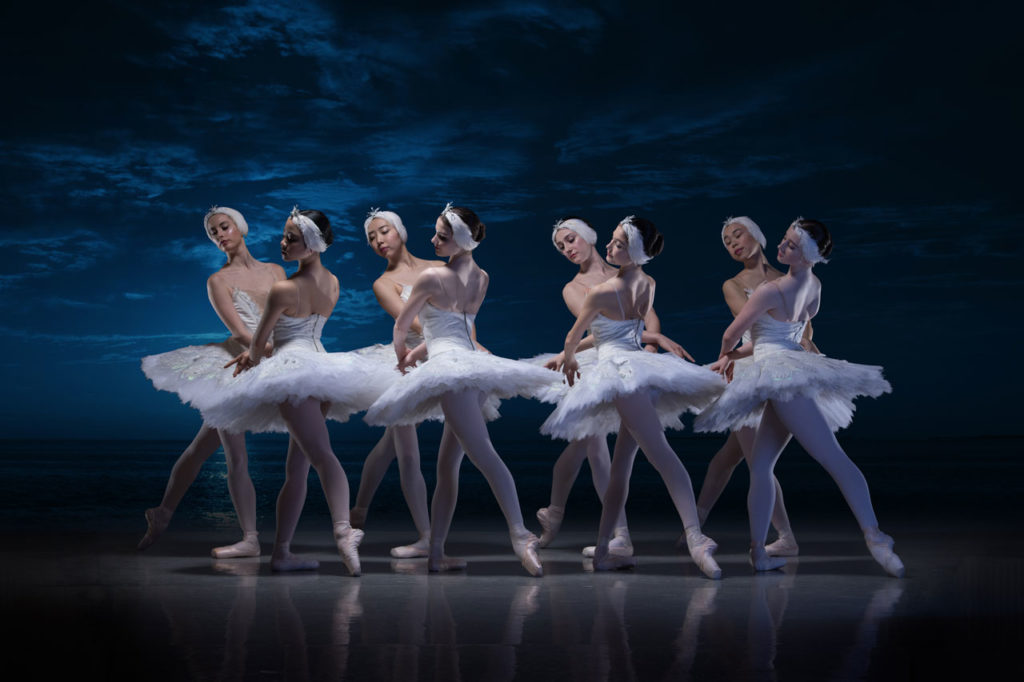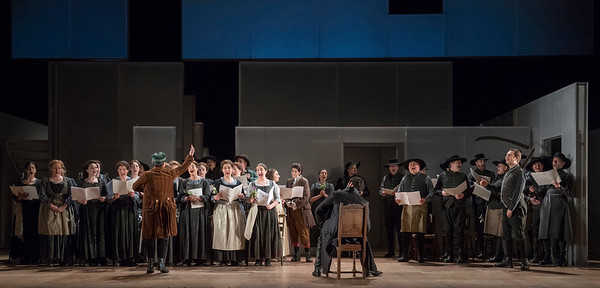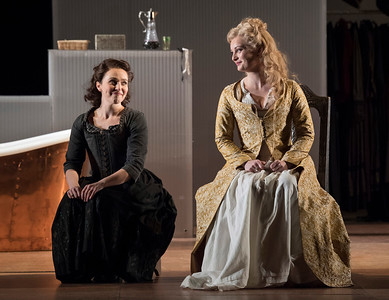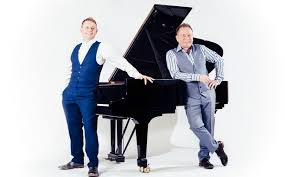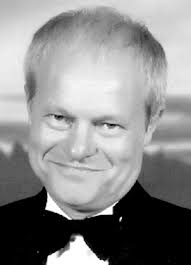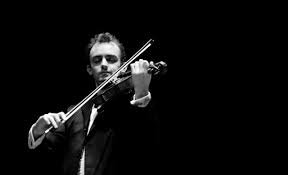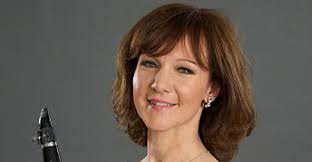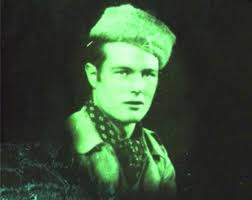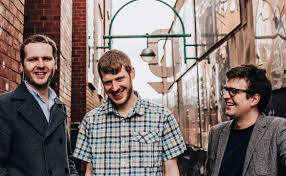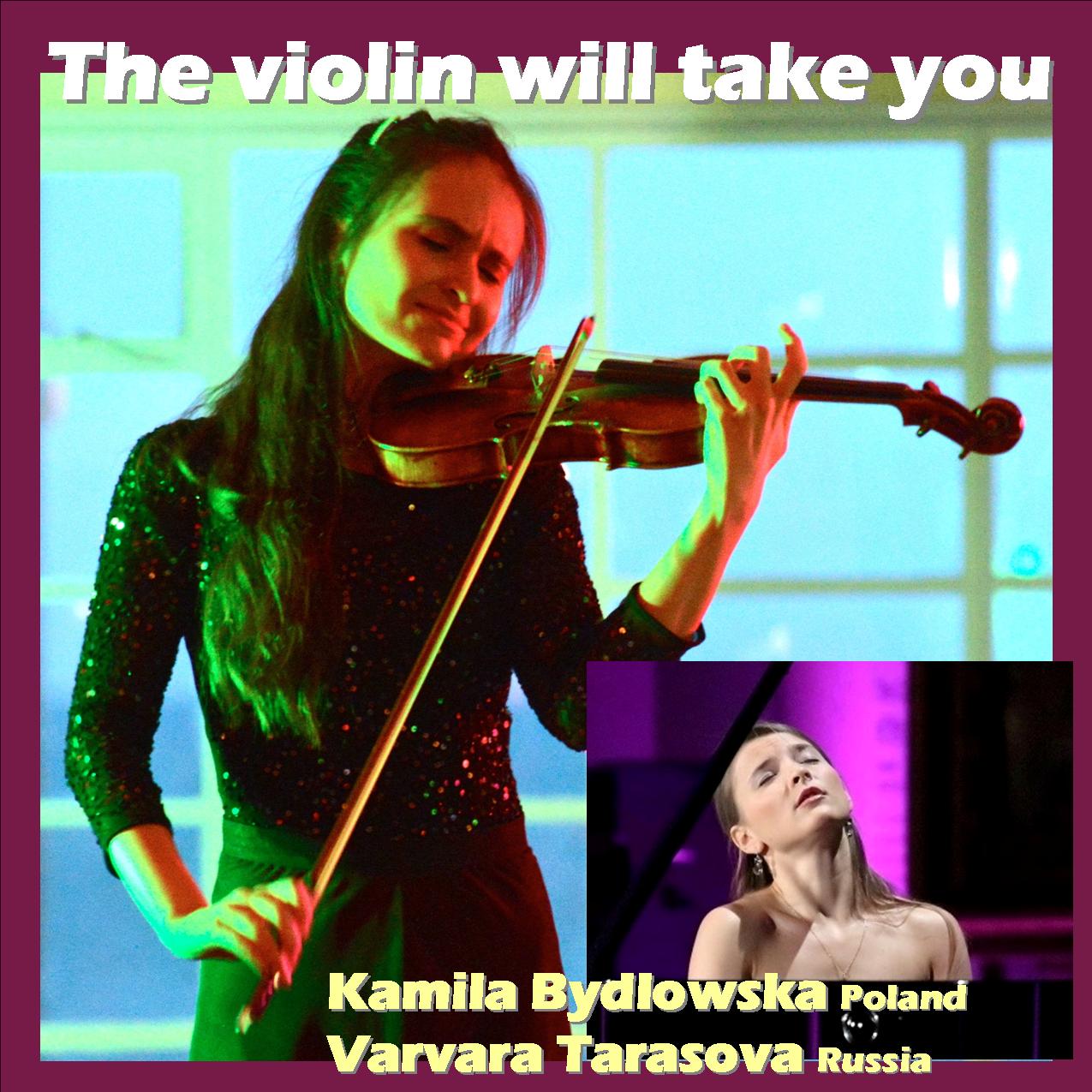The Master Piano Recital
PHOENIX PIANO SERIES
Anton Lyakhovsky is a spectacular pianist. He was born in St. Petersburg, Russia. He studied at the Special Music High School for Gifted Children and then at the Rimsky-Korsakov State Conservatory.
Anton continued his postgraduate studies with John Bingham at Trinity College of Music, and as a postgraduate at the Guildhall School of Music and Drama, where he obtained his Master’s Degree. During his time he won many prizes at international piano competitions, including the Emmanuel Durlet International Competition (Belgium), the International London Piano, the Young Concert Artist International Audition (New York), the “Virtuosi of the year 2000” Festival (St. Petersburg), the Jaques Samuel Intercollegiate Piano Competition (London), the 4th International Prokofiev Competition (St. Petersburg).He also won the Grand Prix at the Jazeps Vitols International Piano Competition (Latvia) as well as a special prize as favourite pianist of the Latvian National Symphony Orchestra. Anton has won many prestigious scholarships including the Tillet Trust, Myra Hess Trust, and Leverhulme Trust.
He has performed at world-class venues, including the Purcell Room, Wigmore Hall, Barbican Hall, the Bösendorfer UK, the Great Hall of the St. Petersburg Philharmonic, Schleswig Holstein Music Festival, amongst many others.
Anton is regularly invited to be a member of the Jury for International Piano Competitions and in August 2018 Anton has been invited to be on the Panel of the 62nd Ferruccio Busoni International Piano Competition.
The European Piano Teachers Association regularly invites Anton to read lectures on piano performance and to lead masterclasses. He has performed extensively across Europe and America and has a large number of Piano Concertos in his repertoire.
He has appeared as a soloist with several orchestras, including the St. Petersburg Philharmonic Orchestra, Tchaikovsky Symphony Orchestra, Latvian National Symphony Orchestra St. Petersburg State Symphony Orchestra “Klassika”, Mariinsky Young Philharmonic Orchestra, St. Petersburg Radio and Television Orchestra and many others

